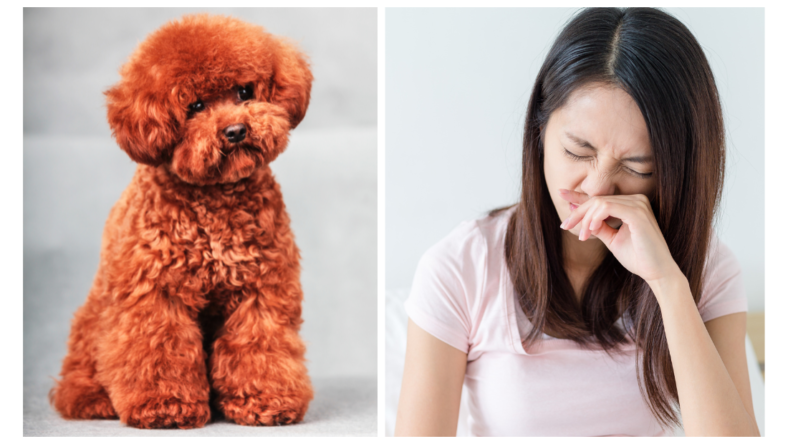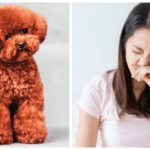Poodles are among the most beloved dog breeds worldwide, often chosen for their intelligence, elegance, and hypoallergenic qualities. A common question arises among dog enthusiasts and allergy sufferers alike: Why are people not allergic to Poodles? Let us delve into the factors that make Poodles an excellent choice for individuals prone to allergies.
Understanding Allergies and Dog Dander
Allergic reactions to dogs are primarily caused by proteins found in their skin cells, urine, and saliva. These proteins, collectively known as allergens, attach to pet dander, which is shed alongside fur. When inhaled or touched, dander can trigger allergic responses such as sneezing, watery eyes, or skin irritation. However, the Poodle stands apart due to its unique coat characteristics and minimal dander production.
The Unique Coat of Poodles
Poodles possess a curly, dense, and low-shedding coat that contributes significantly to their hypoallergenic reputation. Unlike many other breeds, Poodles do not have a double coat, reducing the amount of fur and dander released into the environment. Their hair-like fur grows continuously, resembling human hair, and requires regular grooming to prevent matting.
Read More: Can Dogs Eat Shrimp?-2024
How Grooming Reduces Allergens
Regular grooming, including professional clipping and bathing, helps to control dander buildup. Frequent grooming sessions not only maintain the coat’s quality but also minimize the allergens that may otherwise spread throughout the home. This is a key reason why Poodles are often recommended for allergy sufferers.
Saliva and Skin Protein Levels in Poodles
Another critical factor is that Poodles produce relatively lower levels of allergenic proteins compared to other breeds. While no dog is entirely free of allergens, Poodles’ reduced allergen levels make them a safer choice for many individuals with mild to moderate sensitivities.
Myth: Poodles Are Completely Hypoallergenic
It is essential to clarify that no dog is entirely hypoallergenic. Poodles are considered low-allergy dogs because they produce fewer allergens and shed less dander. However, individuals with severe allergies should still spend time around Poodles before committing to ownership to ensure compatibility.
Why Do Allergy Sufferers Prefer Poodles?
Minimal Shedding
Unlike breeds that shed seasonally, Poodles retain most of their hair, reducing the spread of allergens. This feature alone makes them a favored choice among allergy-prone individuals.
Adaptability to Allergy Management
Poodles’ adaptability to allergy management practices, such as regular baths with hypoallergenic shampoos and specialized diets, enhances their hypoallergenic appeal.
Health Benefits of Owning a Poodle
Improved Indoor Air Quality
Owning a low-shedding dog like a Poodle can lead to cleaner indoor air quality, especially when combined with regular vacuuming and air purification practices.
Emotional Well-Being
Poodles provide emotional support and companionship, which can positively influence mental health, reducing stress and anxiety levels in their owners.
How to Manage Allergies Around Poodles
Regular Grooming
Commit to grooming your Poodle every 4-6 weeks. This routine minimizes dander and keeps their coat in optimal condition.
Home Cleaning Tips
- Use HEPA filters in air purifiers and vacuums to trap allergens.
- Wash your dog’s bedding and toys frequently.
- Designate certain rooms as pet-free zones to limit exposure.
Personal Hygiene
Wash your hands after handling your Poodle, and avoid touching your face to prevent allergen transfer.
Why Are Poodles a Popular Breed Among Allergy Sufferers?
Poodles are not only hypoallergenic but also come in various sizes—Toy, Miniature, and Standard—allowing families to choose the ideal fit for their lifestyle. Their intelligence and trainability further enhance their appeal, making them one of the most versatile and well-loved breeds.
Conclusion
While no dog is entirely free of allergens, the Poodle’s unique characteristics make it an excellent choice for allergy sufferers. Their low-shedding coat, reduced allergenic protein levels, and manageable dander production set them apart.
Proper grooming and cleaning practices can further enhance their hypoallergenic qualities, ensuring that Poodle owners enjoy a happy and healthy companionship.










